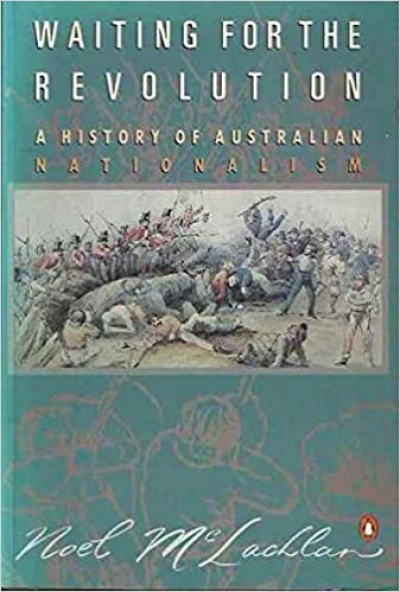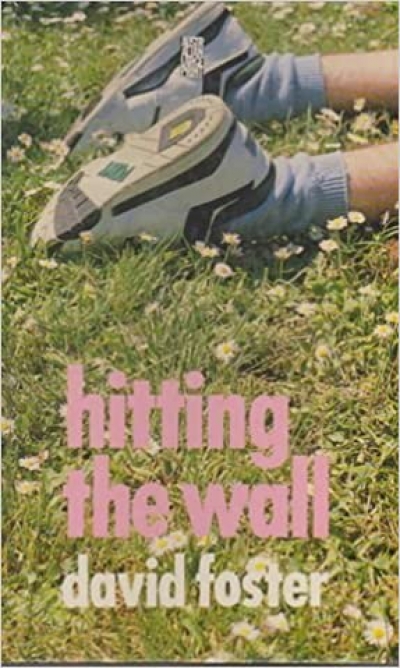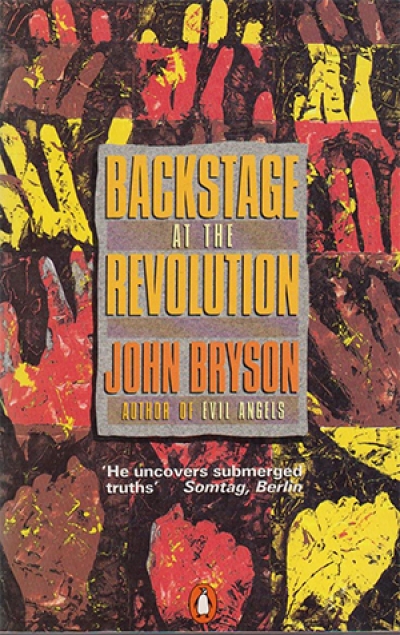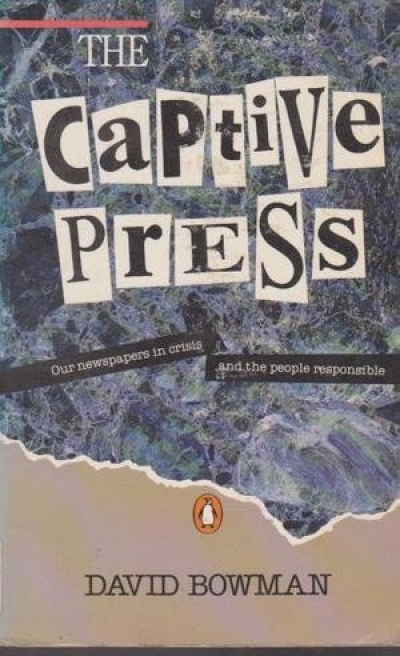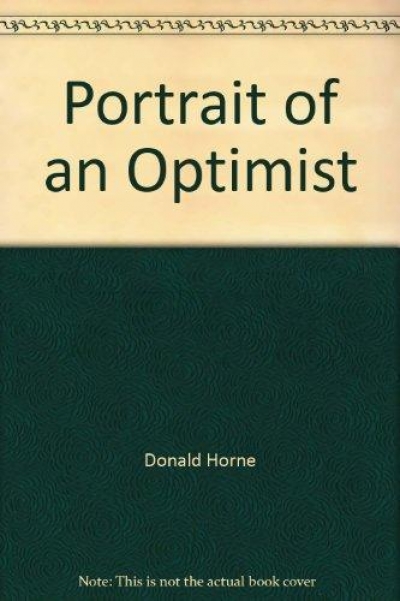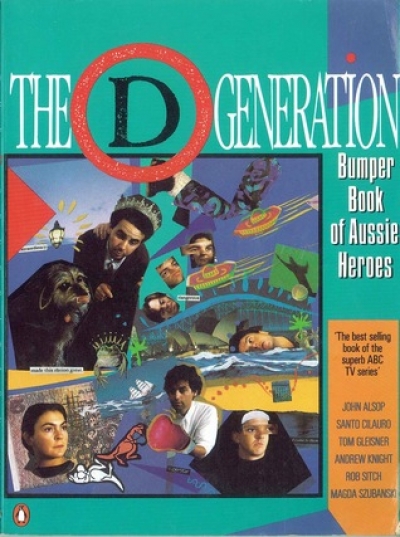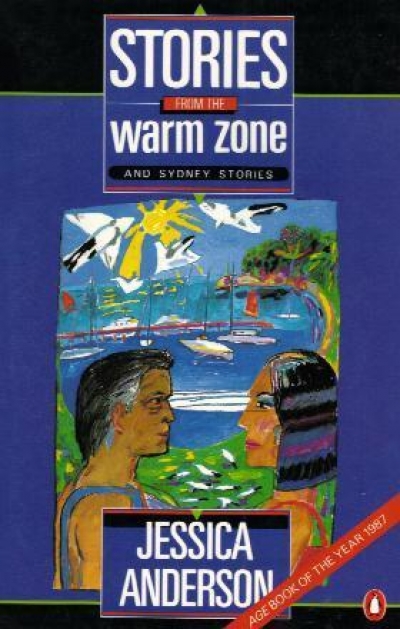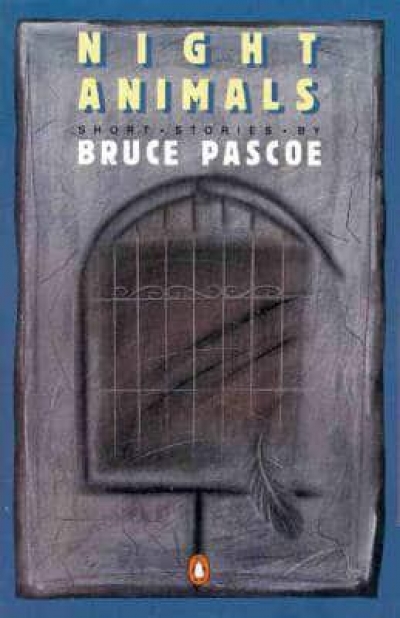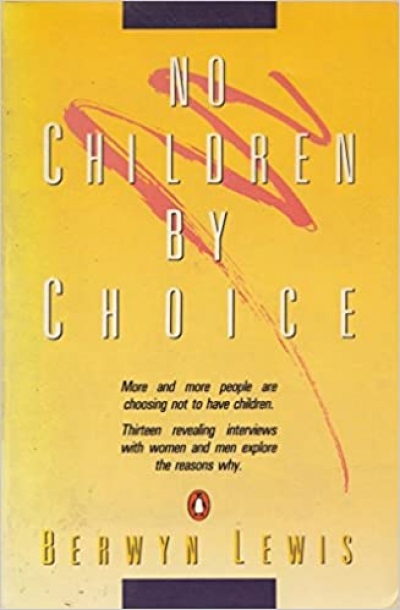Penguin
Waiting for the Revolution: A history of Australian Nationalism' by Noel McLachlan
by Ken Inglis •
The D Generation Bumper Book of Aussie Heroes by John Alsop, Santo Cilauro, Tom Gleisner, Andrew Knight, Rob Sitch, and Magda Szubanski
by Barry Dickens •
No Children by Choice edited by Gloria Frydman & Mature Age Mothers edited by Berwyn Lewis
by Judith Brett •
No Children by Choice by Berwyn Lewis & Mature Age Mothers by Gloria Frydman
by Judith Brett •

